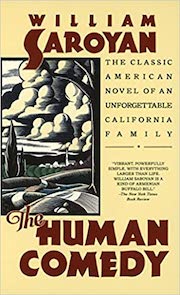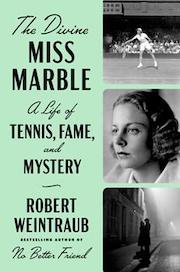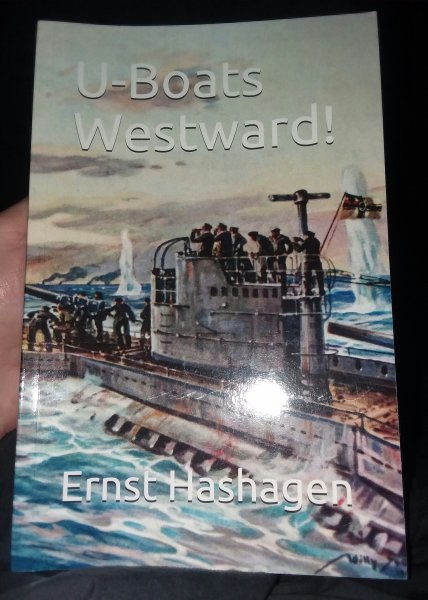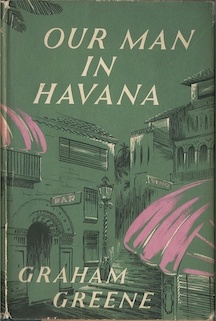Tiki Tom: Deutscher Europäer...
After having read that compendium and some additional titles I finished that chapter of German history for me now.
In my opinion it is important as a citizen to have a high resolution pic of that to stay alert and awake in that respect.
Personally I wanted to know as exactly as possible how this mess took its way, who was responsible, how things worked because, not to forget those countless numbers of other victims, apart from one grandpa no other male family member of that generation returned back home from war.
After having read that compendium and some additional titles I finished that chapter of German history for me now.
In my opinion it is important as a citizen to have a high resolution pic of that to stay alert and awake in that respect.
Personally I wanted to know as exactly as possible how this mess took its way, who was responsible, how things worked because, not to forget those countless numbers of other victims, apart from one grandpa no other male family member of that generation returned back home from war.
Last edited:




